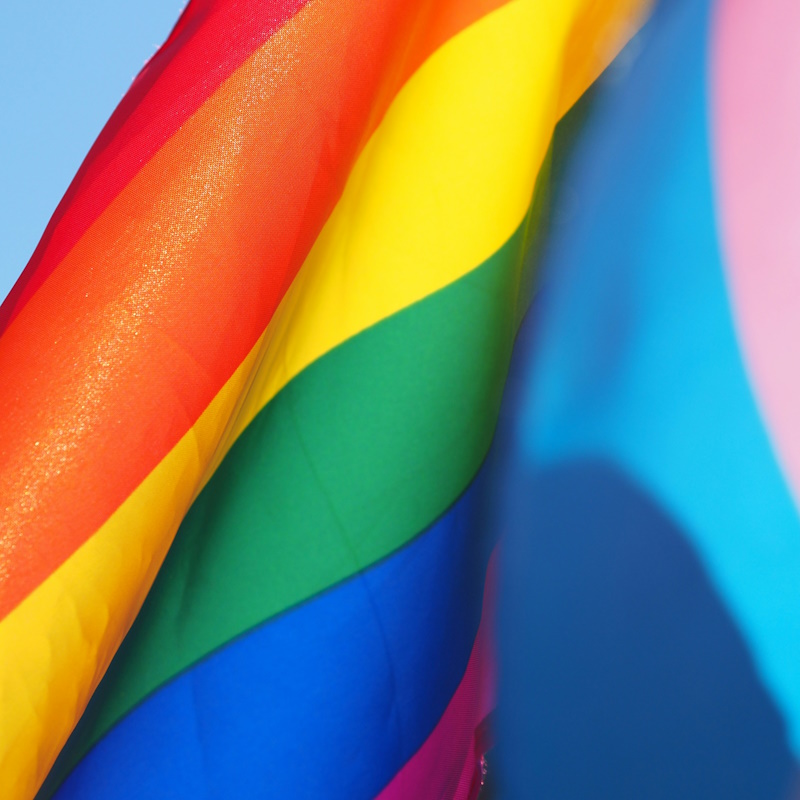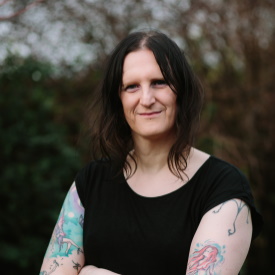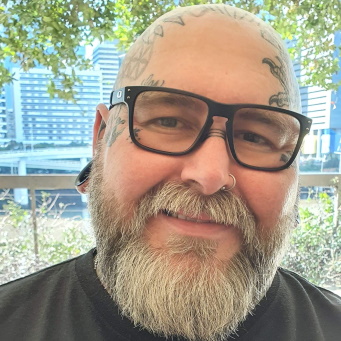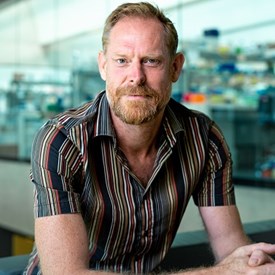In 2024, the Royal Society will be represented at Pride in London for the first time. This historic moment symbolises the Society’s ongoing commitment to embedding diversity, equality and inclusion in every aspect of our strategy and work.
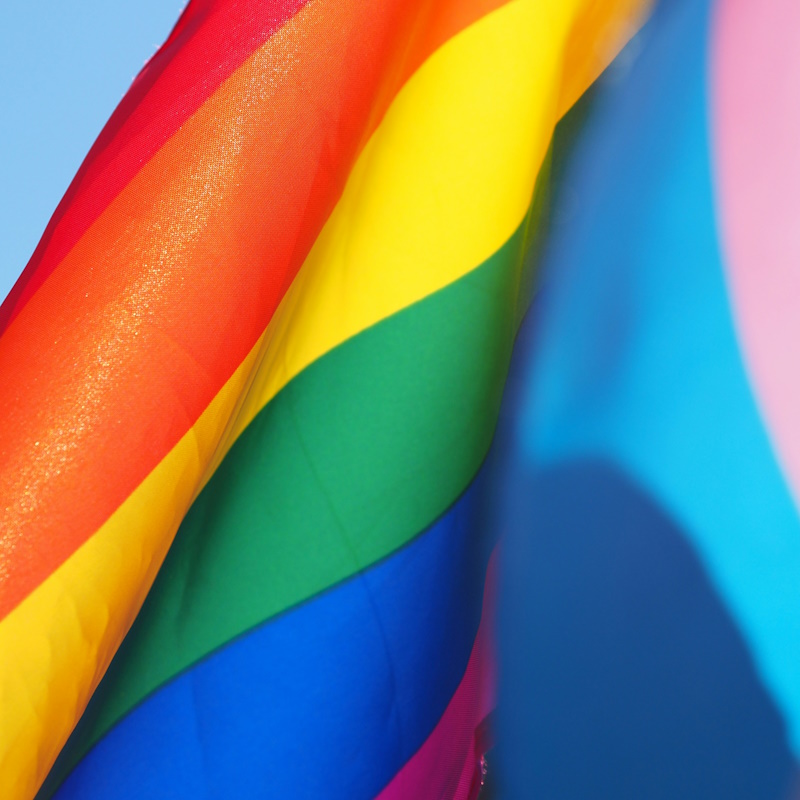
On 29 June 2024, 50 members of staff and Fellows of the Royal Society will take to the streets to celebrate the LGBTQ+ community in the fields of science, technology, engineering and mathematics (STEM). While significant progress towards diversity and inclusion has been achieved, there still remain many challenges to overcome.
Julie Maxton, Executive Director of the Royal Society, said “This will be our chance to recognise all the LGBTQ+ people associated with the Royal Society, and help to support our goal of increasing diversity in science.”
Spurred on by the founding of the Royal Society Staff Pride Network and the Royal Society LGBTQ+ Fellows Network in 2023, our participation in the march is symbolic of a wider movement across the Royal Society to support the LGBTQ+ community.
The Pride Network is a representative staff body, including allies, that advocates for inclusion in the Royal Society Fellowship, and as an employer. Since its founding in 2023, the network has developed a relationship with other academies and institutions in the UK, created a new strategy document, organised events, and spearheaded initiatives to increase the visibility of support for the LGBTQ+ community. The Pride Network has also played an integral role in developing a staff engagement programme which will include initiatives such as allyship training.
Members of the Pride Network shared the significance of marching at Pride in London for the first time.
“Walking in Pride with my workplace, the Royal Society, holds immense significance for me. As someone who hails from a small town that lacked these opportunities three decades ago, participating in this vibrant celebration of LGBTQ+ rights feels like a powerful affirmation of progress and acceptance,” said one of the members.
Another one stated, “I wanted to get involved with this network because I think it’s important to have spaces like this. Many LGBTQ+ people lead multiple lives – we give different parts of ourselves to family, to friends, and to colleagues at work. We all codeswitch depending on the scenarios and circumstances we’re in. I came out to my friends at my previous workplace before anyone else. We’re not asking or expecting people who take part in this network to do the same. But networks like this can be a space to be yourself – somewhere that is safe and supportive. Marching in Pride in London is an opportunity to celebrate our achievements as a Pride Network.”
As the leading academy for science, we hope the impact of our participation will extend beyond the march itself. We hope that by providing visible role models and allies, we can contribute to the development of a research culture where LGBTQ+ individuals and aspiring scientists are encouraged and supported to pursue scientific careers.
Professor Giles Oldroyd, FRS, said “Marching in Pride is an empowering experience, and especially so when you do it with the colleagues with whom you work. LGBTQ+ people are poorly represented in STEM and that is in part because it has not appeared a safe place for minorities to flourish. This is changing. I am thrilled to be marching in Pride with the Royal Society this year. It is symbolic of the changes that are happening in British Science.”
Our Celebrating LGBTQ+ Scientists page features more stories of LGBTQ+ Fellows and scientists.

